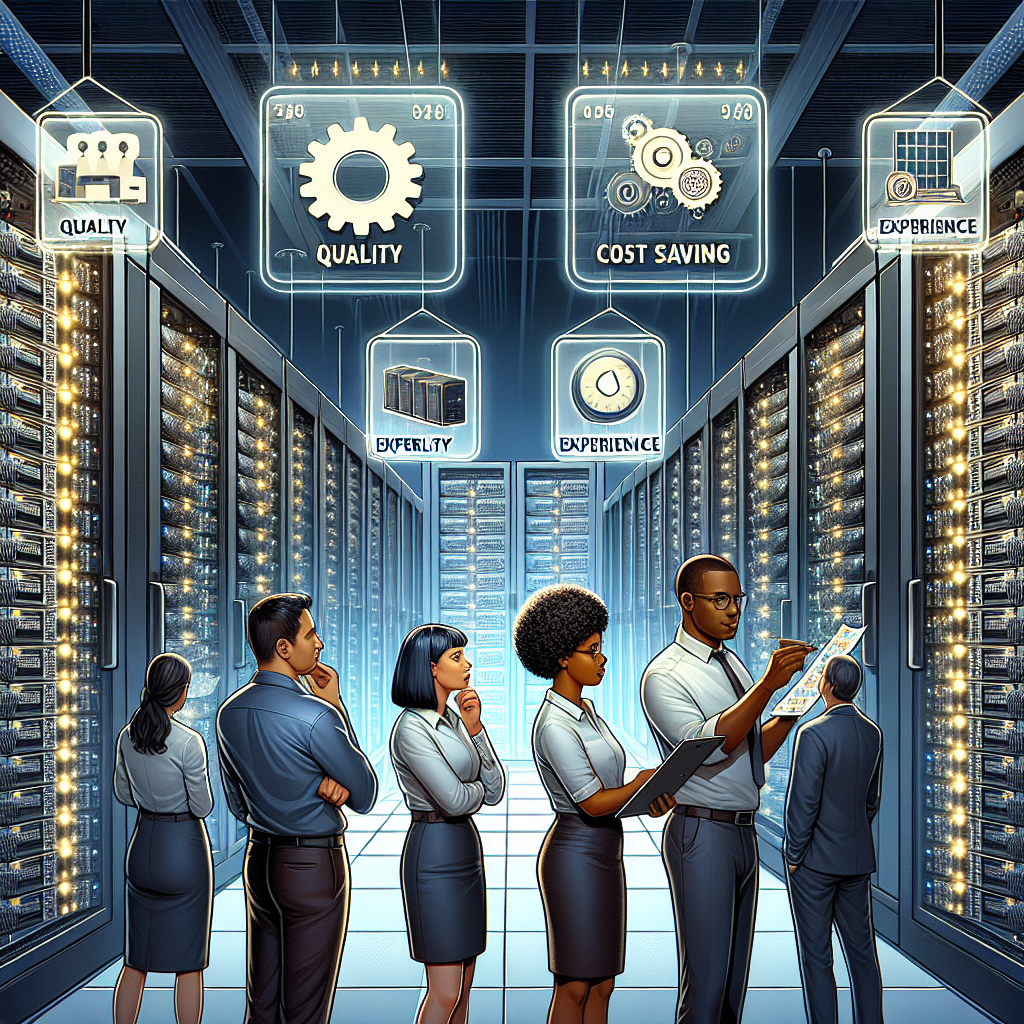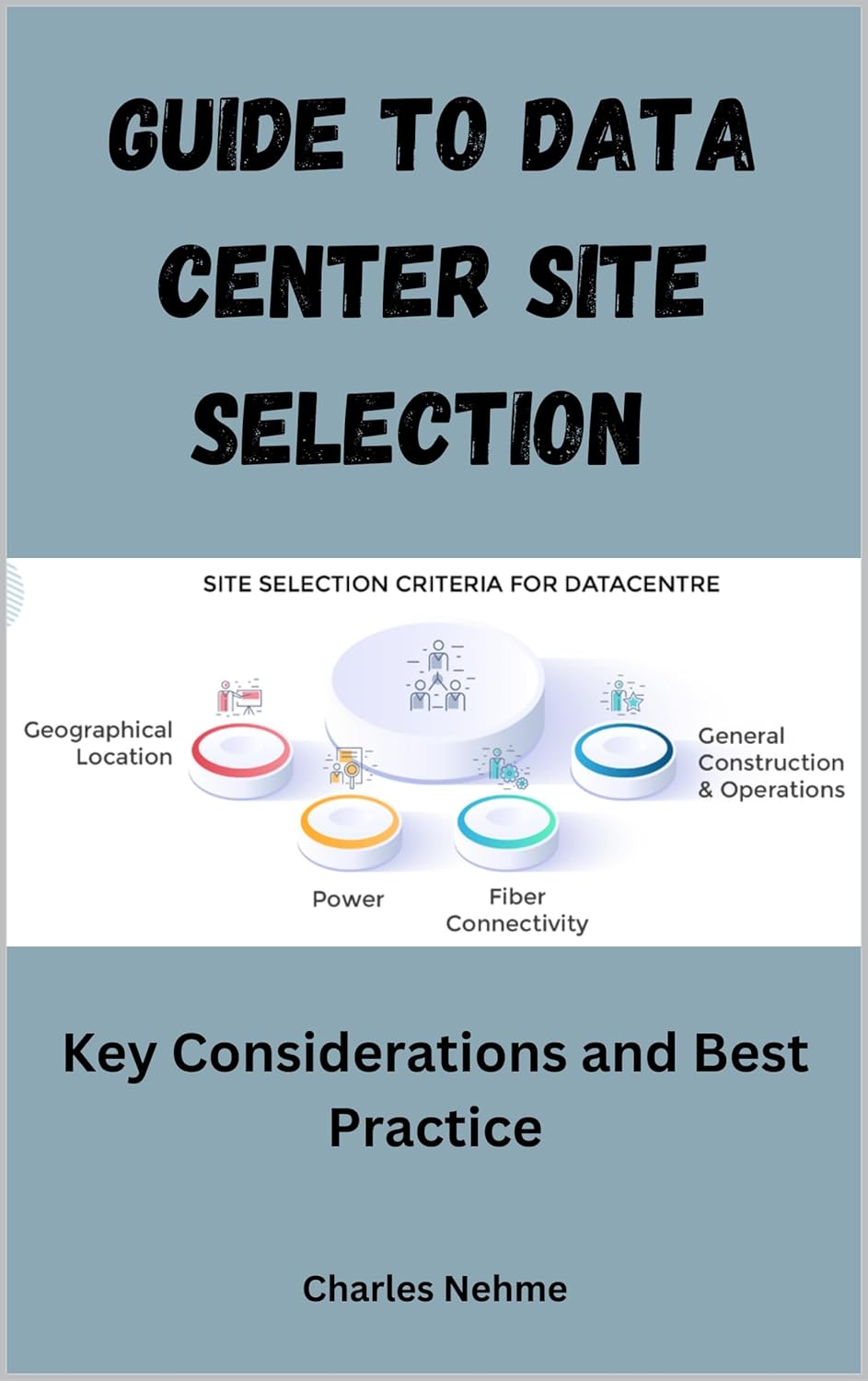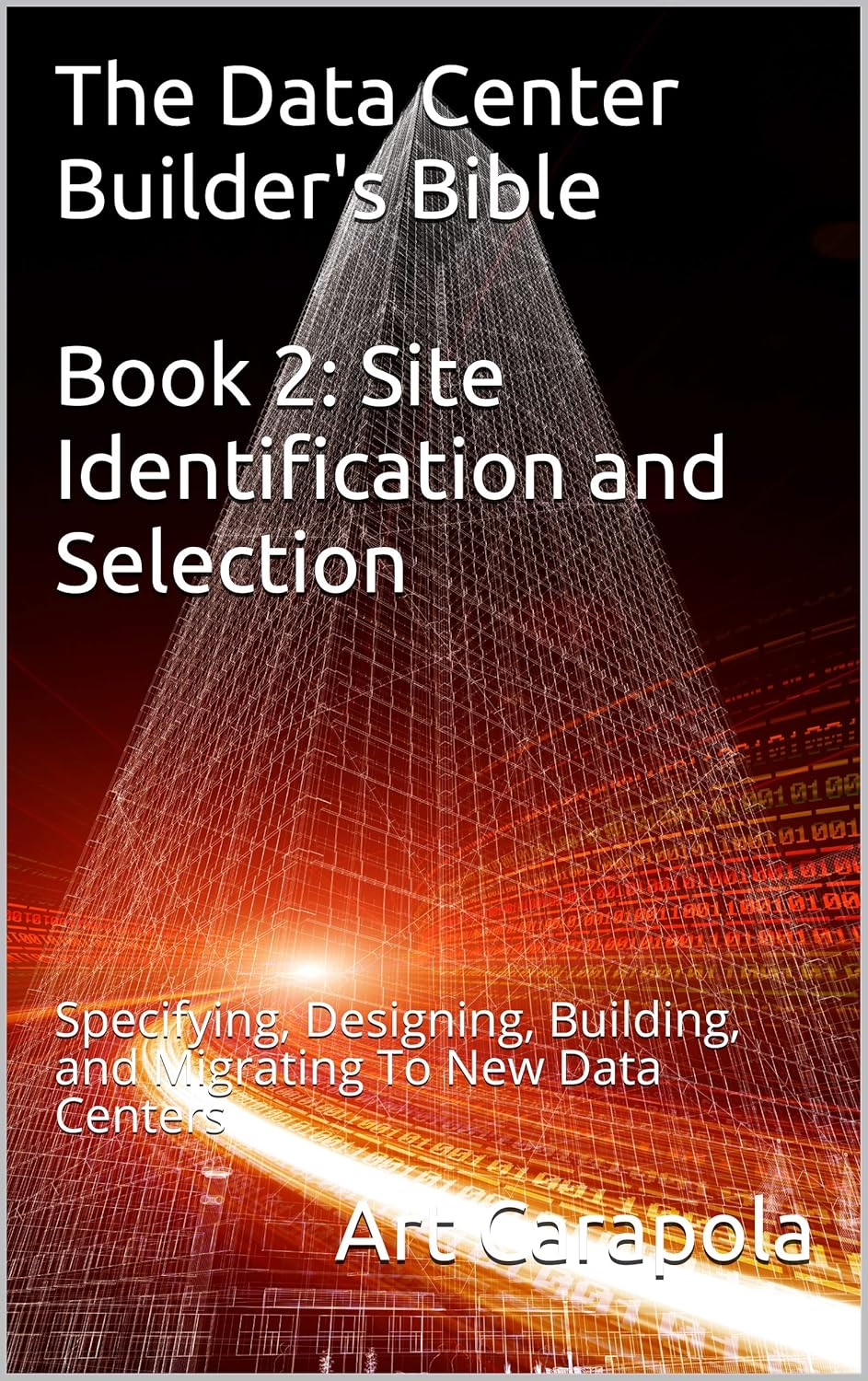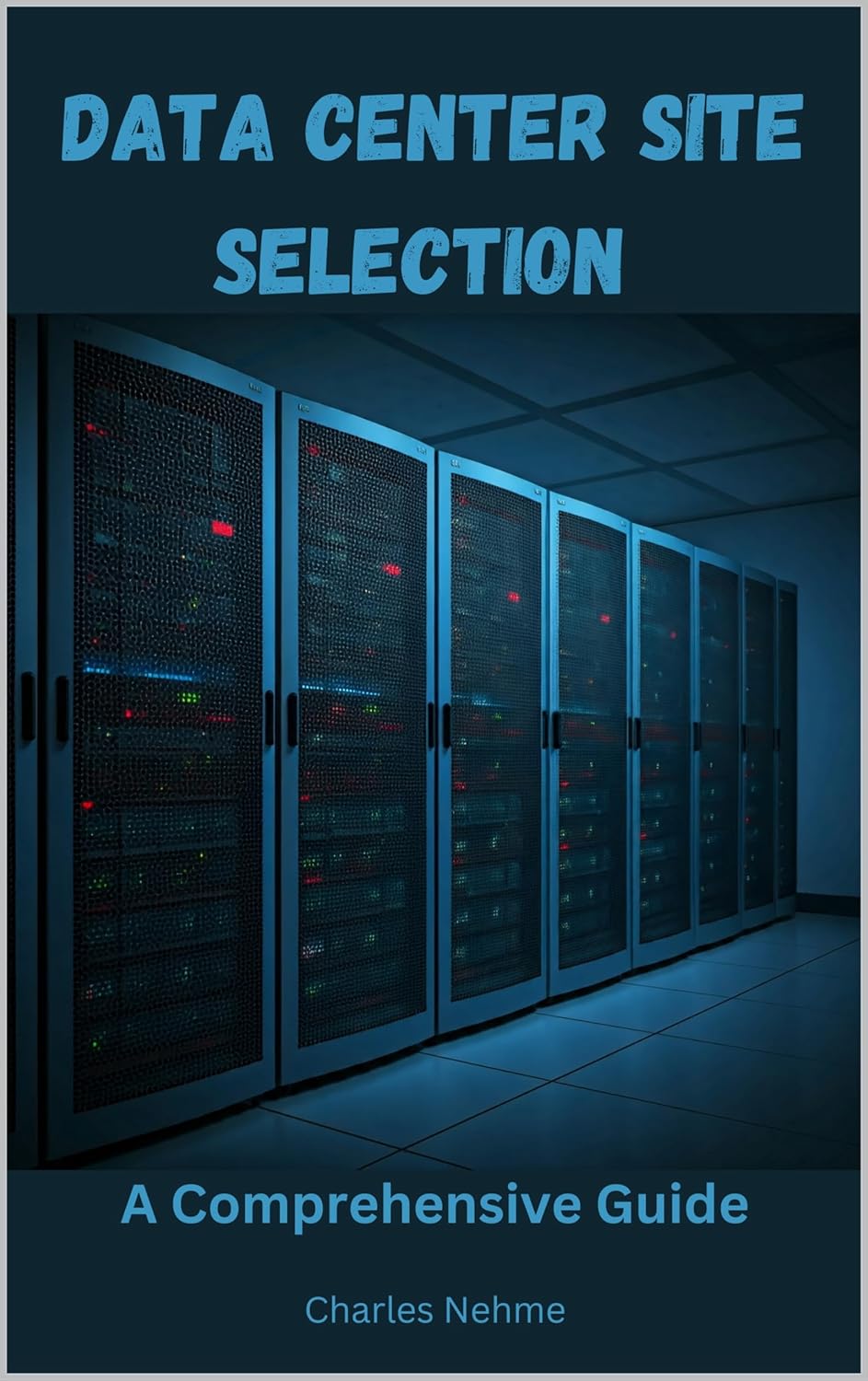When it comes to managing a data center, one of the most important decisions that organizations face is selecting the right vendors to work with. The vendors that are chosen can have a significant impact on the efficiency, reliability, and security of the data center, so it is crucial to carefully consider all options before making a decision. Here are some key considerations to keep in mind when selecting vendors for data center management:
1. Reputation and Experience: It is important to choose vendors that have a strong reputation and extensive experience in the industry. Look for vendors that have a proven track record of delivering high-quality services and solutions to their clients. Check references and reviews to get a sense of the vendor’s reputation and reliability.
2. Service Offerings: Consider what specific services and solutions the vendor offers and whether they align with the needs of your data center. Look for vendors that offer a comprehensive range of services, including data center monitoring, maintenance, security, and disaster recovery.
3. Technical Expertise: Data center management requires specialized technical expertise, so it is essential to choose vendors that have a deep understanding of data center technologies and best practices. Look for vendors that have certifications, training, and experience in data center management.
4. Scalability and Flexibility: The needs of a data center can change over time, so it is important to choose vendors that can scale their services to meet the evolving needs of your organization. Look for vendors that offer flexible pricing and service options that can be tailored to your specific requirements.
5. Security and Compliance: Data center security is a top priority for organizations, so it is important to choose vendors that have strong security measures in place to protect sensitive data. Look for vendors that comply with industry standards and regulations, such as ISO 27001 and PCI DSS.
6. Support and Maintenance: Data centers require ongoing support and maintenance to ensure optimal performance and reliability. Choose vendors that offer 24/7 support, proactive monitoring, and regular maintenance services to keep your data center running smoothly.
7. Cost: While cost should not be the only factor in vendor selection, it is important to consider the overall value that the vendor provides. Compare pricing and service offerings from multiple vendors to find the best fit for your budget and requirements.
In conclusion, selecting the right vendors for data center management is a critical decision that can have a significant impact on the success of your organization. By considering factors such as reputation, experience, service offerings, technical expertise, scalability, security, support, and cost, you can make an informed decision that will benefit your data center in the long run.









